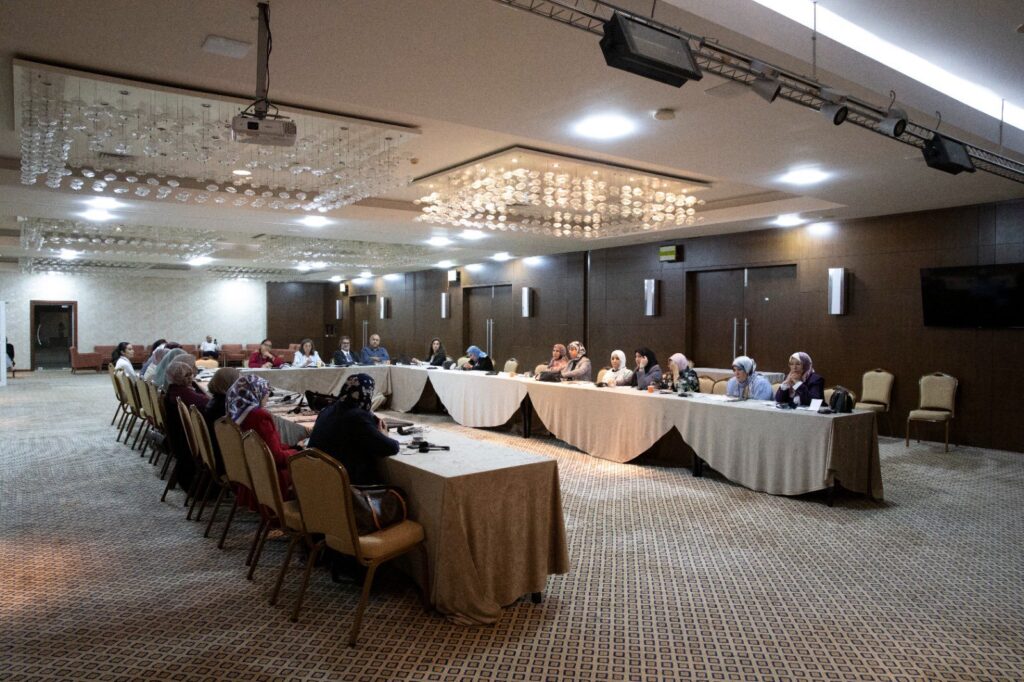Female members of the High Council of State and the House of Representatives have agreed to work together to advocate for greater women’s representation in the country’s future parliament, revealed the U.N. Support Mission in Libya (UNSMIL) today.
The mutually agreed strategy came during a meeting conducted Sunday under the auspices of the UNSMIL at Bab Al Baher Hotel. Twenty women, including eight from the High Council of State and twelve from the House of Representatives, participated.
“Women face unique challenges in politics due to their perceived social roles in society,”, said Georgette Gagnon, Deputy Representative of the Secretary-General, Resident and Humanitarian Coordinator, who chaired the meeting. “Women leaders have an opportunity and an obligation to ensure these challenges are addressed and a path is paved towards increased women’s representation in Libya’s elections.”
To start the discussion, UNSMIL technical experts outlined different mechanisms for ensuring greater women’s representation in political leadership and presented lessons learned from other countries. The participants then analyzed the pros and cons of the various approaches in the Libyan context.
Currently, women constitute around 15 percent and 16.5 percent of the High Council of State and House of Representatives, respectively. The newly published 13th Constitutional Amendment includes a temporary measure reserving 20 percent of seats in the House of Representatives for women in the upcoming elections and charged a committee with designating seats for women in the Senate.
“Participants agreed to advocate for allocating the majority of seats through a proportional representation system with candidates presented in lists with alternating women and men candidates,” UNSMIL said in a statement.
Under proportional representation, the seats assigned to constituencies are awarded to the winning lists based on the ratio of votes won.
They also discussed the minimal percentage of representation that should be established for Senate elections.
“It’s an obsolete question to ask why women’s representation is important in the 21st century,” said House of Representative Member Saltna El Msmare. “She’s the breadwinner in many Libyan families. She’s in business, moving things forward in middle management. She’s in every part of society. It’s only normal that she is represented.”
It’s important that the High Council of State and the House of Representatives work together on this issue, she said, because “we have realized, after extended political conflict, that the only way to get some things through is with support and approval from both councils.”
High Council of State Member Lamya Sherif said women representatives have often had to fight to be included in political committees but, through persistent advocacy, they have had some success.
“We are ready to do that over and over for women to succeed,” she said.
